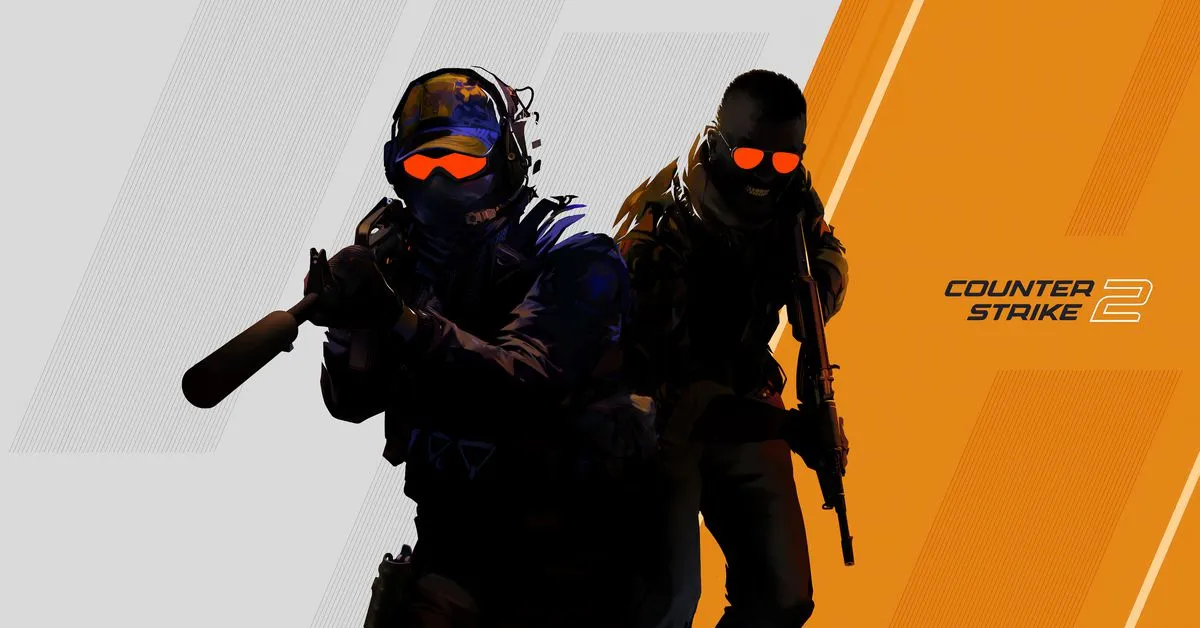Valve Bans Automated Keyboard Features from Razer and Wooting in Counter-Strike 2

Outstanding Features of Razer and Wooting's Keyboards
Razer and Wooting have recently introduced innovative keyboard features aimed at enhancing gameplay in Counter-Strike 2. However, these features, namely the Simultaneous Opposing Cardinal Directions (SOCD) capabilities, have now been banned by Valve.
The Ban Announcement
Valve's decision to ban SOCD functionality arises from concerns about automation blurring the lines between manual input and automated gaming, jeopardizing the competitive experience.
- Snap Tap by Razer and Snappy Tappy by Wooting automate strafe direction switching.
- Using both features can lead to removal from valve official servers.
- Professional players had previously called for a ban on SOCD for maintaining skill integrity.
Impact on Players
Players have reported immediate kick-outs when attempting to use SOCD features on official servers, although accounts are not currently banned. This ruling marks a significant shift in gameplay regulations, restoring the emphasis on manual player skill.
- Razer introduced SOCD to their Huntsman V3 Pro keyboards.
- Wooting followed suit, reluctantly adopting SOCD amid the competitive landscape.
- Many players need to adjust their gaming techniques back to traditional methods.
Conclusion on Competitive Fairness
The recent actions taken by Valve to ban these automated features is a strong signal to the gaming community regarding the importance of competitive fairness. Both companies, Razer and Wooting, have acknowledged Valve's stance and have urged players to refrain from using these features in Counter-Strike 2.
This article was prepared using information from open sources in accordance with the principles of Ethical Policy. The editorial team is not responsible for absolute accuracy, as it relies on data from the sources referenced.